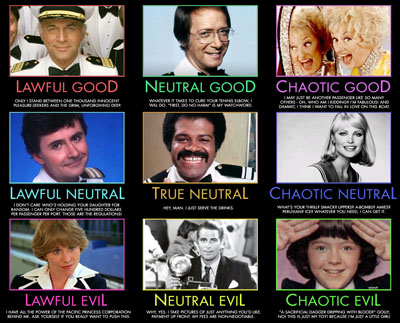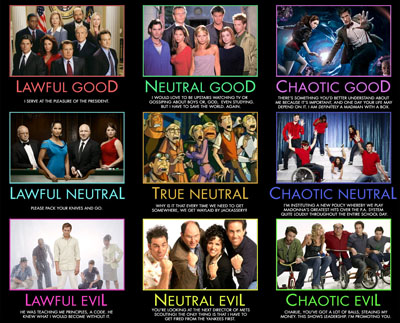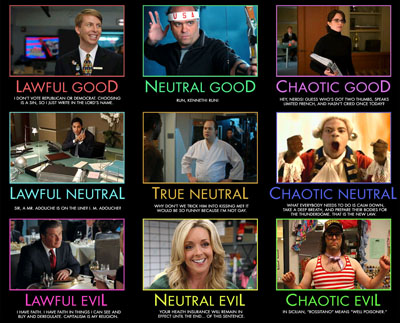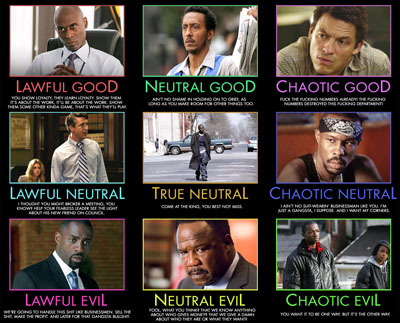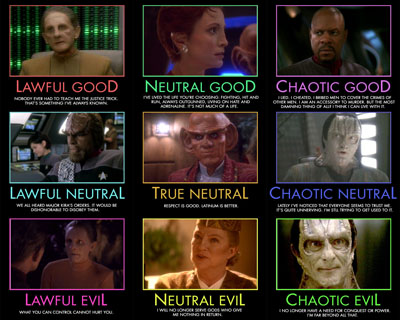Somewhere in the Doctor Who production offices, deep within the BBC Wales complex (if there is such a place — go with me here) there is surely a list of “Stories Not to Pitch Us.” Nearly all serials have a list like this, consisting of stories ideas that are unsuitable because they change the lead character too much, because they hurt the franchise, or just because you don’t seriously think you’re the first freelancer to pitch that, do you? The following story idea is undoubtedly on that list:
It begins, as so many Doctor Who stories do, with the TARDIS arriving on a future Earth where everything seems calm and orderly… too calm and orderly, at least to the Doctor (“Never trust a utopia,” he’ll say to whatever fetching young lady is his companion at the time.) A bit of investigation reveals that this peace and order is, indeed, artificial, but it’s not achieved by force: instead all war, violence and conflict are defused before they even begin by a mysterious, unseen figure only ever referred to as “He” or “Him.” The Doctor can sense that time manipulation is afoot, and begins to suspect that this is the work of Daleks, or the Master, or even a lost Time Lord who somehow survived the Time War. Until he finds a little asteroid in the middle of nowhere where time literally stands still and finds the machine that is constantly making all those little alterations to history, to maintain “His” utopia —
— and finds it’s the TARDIS. His TARDIS. And it’s screaming, because it’s being made to violate time in ways it was never made to do — and to end history itself, grinding it down into the stasis of enforced peace.
Now He makes his appearance — he’s been watching the Doctor for some time, of course — and reveals that he is a future incarnation of the Doctor. It’s not clear whether he’s the last regeneration or whether he somehow extended his lifespan beyond the normal limit for Time Lords, but one thing is clear: he’s on his last go-round. (We’ll call him “Doctor Thirteen” for convenience; if this were a two-parter, that would be a good title for the second episode.) He explains how he saved the Earth, and the universe, again and again, and still it needed saving; how his allies died, and he got older and older, but his enemies just kept coming back.
Now the Doctor is given a choice: he can leave, and let things run their course until he winds up here again, or Doctor Thirteen will use his bastardized TARDIS to make him relive all the agonizing steps between them almost instantaneously. And the Doctor runs, but it’s no use because Doctor Thirteen is older and cannier than he is, and knows all his tricks, and in the end the Doctor is caught once more. The Doctor’s fetching young companion rescues him, of course, but it’s too late: in just a few minutes he’s experienced everything that brought Doctor Thirteen to where he is — the last defender of the Earth, all alone.
Except that our Doctor isn’t alone: though his companion couldn’t save him in time, the fact that she was there for him makes him realize that the only way he’ll ever run out of allies is if he turns humans into something not fit to be his companions. Together he and his companion fight Doctor Thirteen and defeat him, and Doctor Thirteen begs him not to destroy everthing he’s built, to have pity — after all, he was the Doctor once. But the Doctor turns back from the door to his TARDIS, shakes his head and says “Not you. You were never me.”
